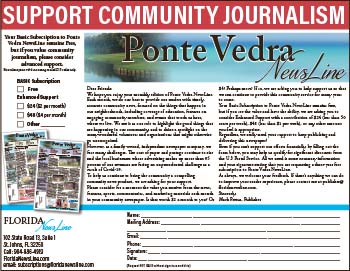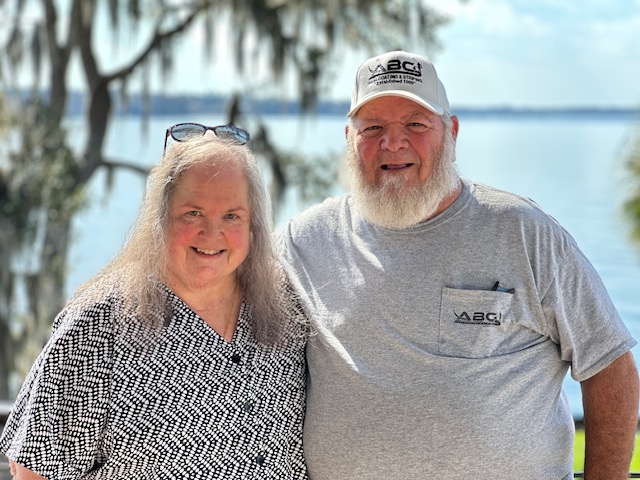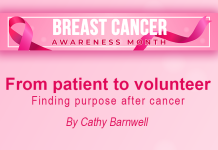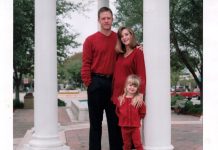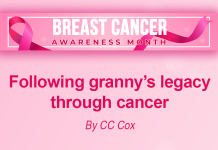By Tracy McCormick-Dishman
When Bill Carter felt a lump on his chest on New Year’s Day 2024, he almost brushed it off. But being married to Susan, an oncology nurse for more than 30 years, changed everything.
“If I wasn’t married to Susan, I would have blew that off and just went on about my business,” said Carter. “Being married to her for 50 years and hearing all her stories about patients, I knew I needed to show her this lump.”
Susan Carter immediately recognized the danger. The lump felt “spiculated” — spiky rather than smooth — a characteristic often associated with malignancy.
“When I felt Bill’s lump, it was like my heart skipped a beat,” Susan said. “The word spiculated came to mind and I thought, we need to move on this.”
Within five weeks, Carter had undergone mammography, biopsy and a mastectomy. The experience opened his eyes to challenges women face during breast cancer screening.
“When they put me in that vice-type thing and cranked it down, it was hurting like hell,” Carter recalled of his mammogram. “I have so much more appreciation for women that go through that now than I did before, because I know the pain now.”
Carter’s surgeon told him he was treating an unusual case. Men represent only 2% of all breast cancer patients, and the surgeon had never treated a 75-year-old male patient with the disease.
“He’d been doing this surgery for over 20 years and said he had never had a male patient,” Carter said. “He said of the ones he knows of, male breast cancer patients are between 30 and 40 years old.”
According to the American Cancer Society, 2,800 men will be diagnosed with breast cancer in 2025, and 510 men will die from the disease. One in 726 men carry a lifetime risk of developing breast cancer.
Carter’s cancer was caught between stage one and two. His recovery was remarkably smooth — he took no pain medication after surgery and felt minimal discomfort.
“Two days after I had the surgery, I told the doctor, ‘Did this really just happen to me?’ I couldn’t feel any pain,” he said.
The experience sparked what Carter believes is a divine calling to educate other men about breast cancer risks. Three weeks after surgery, he dreamed of speaking to groups of men about his experience.
“It’s like Jesus is guiding me to do this,” Carter said. “I really believe I’m on a mission. If I could just get across to one person and it saved his life, I would be doing what I’m supposed to do.”
“Men need to check themselves like women do and take it seriously if they find a lump,” Carter emphasized. “I promise you 95% of all men would not take it seriously. They would find a lump and think it’s not a big deal, but it’s serious.”
With encouragement from his son, Carter wrote a book about his life experiences, including his cancer journey. The book, “100% Bill, Stories by Aron William (Bill) Carter,” written with a ghostwriter and available on Amazon, chronicles Carter’s path from a troubled youth in Jacksonville’s housing projects to police officer and cancer survivor.
“I just told a story,” Carter said modestly about his book. “I tried to be as honest as I could. I didn’t try to hide anything or glorify anything. I just told it how it was.”
Susan Carter, drawing on her decades of oncology nursing experience, emphasized the broader message of their journey: “It is a wicked disease, all cancer is, but if people are aware and informed, it can save lives.”
Carter will speak about “Triumphant testimony of overcoming male breast cancer” on Saturday, Oct. 25, at noon via Zoom (Meeting ID: 882 5732 2929, Passcode: 339243). The event, themed “The impact of men’s health on the family and community,” is hosted by P.M.D.C. Word of God. Those interested in learning more about his story or arranging speaking engagements can contact him at abcpaving@gmail.com.
